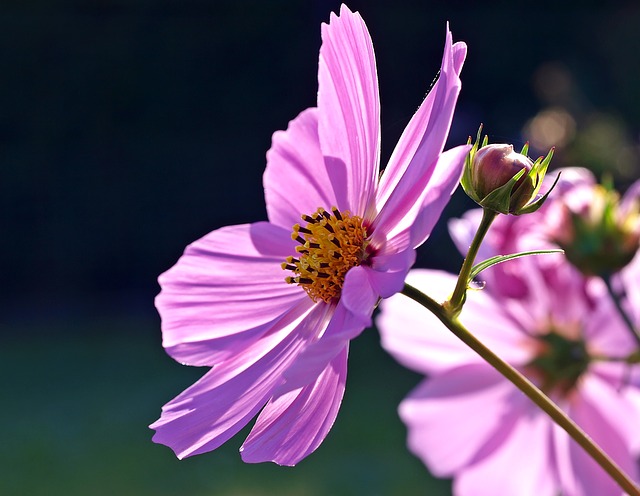
Most people are familiar with the idea of organic foods or may have noticed them in food stores. It’s easy to tell which items are certified organic by the USDA. They have different packaging and are more expensive. Keep reading for a variety of tips and tricks for maintaining an organic garden.
Transplanting plants and bringing them indoors can protect them from harsh winters. You might want to transplant your most valuable varieties. Cautiously avoid the roots while digging, and put your plant into a perfectly sized pot.
Check your soil before you begin planting your garden. There are soil testing services that can analyze a garden’s soil content for a small charge. With those results, it’s then possible to refine and supplement the soil to make it as fertile as possible. Ask about this service at a local university or the county Cooperative Extension office to improve the soil and insure fruitful crops.
For proper optimum growth, plants require sufficient amounts of carbon dioxide (CO2). With a high level of CO2 plants will grow much better. Growing plants in a greenhouse is the best way to contain CO2 for use by your plants. Plants grown in a greenhouse tend to be more lush and healthier due to the improved growing environment.
If a test indicates that your soil is very alkaline, you can mix the dirt with used coffee grounds. The coffee grounds provide a cheap way to re-supply needed acid to the dirt. You will notice that your vegetables and greens will have a stronger taste.
Vegetables get softer as the temperature goes up, so you could damage your vegetables if you pick them during the hottest hours. When you remove the produce from the plant, use shears or a knife to cut them from the vine without twisting, as this can damage the plant.
Let your children be involved in your organic horticulture efforts. Gardening is a great way for children to learn, and it gives you two a chance to spend some quality time together and produce healthy food.
It is important to keep the temperature set between 65 and 75 degrees, if you wish to raise plants in the home. The plants need this temperature in order to effectively grow. If you want to save money on gas bills in the winter, you can provide local heating for the plants with a heat lamp instead.
Keep your garden tools close at hand to make the most of your gardening time. Use a large bucket, or wear rugged pants with several pockets. Keep your gloves, a trowel, small pruning shears and other tools handy and make quick work of your garden maintenance.
Your seeds, once they begin sprouting, don’t need the same amount of warmth as they did before. To ensure that your plants do not suffer shock, start eliminating the use of a heat source. Make sure you remember to remove any plastic films that were on the plant containers to repel humidity and warmth. You should know when the right time is if you are keeping an eye on the seeds.
When planting your organic garden, spacing is an important thing to keep in mind. Amateur gardeners often make the mistake of failing to leave enough space for fully matured plants. Your plants will need the space not only because of their physical size, but also because the space will provide air circulation for the garden. Because of this, you should always take the time to ensure that there’s enough distance between all your seeds.
Get the most value from your property. Landscaping is a cheap way to really increase the value of your property. Some plant investments can raise your resale value by 20% or more. Seek out plants and shrubbery that require limited maintenance and will adapt well to the natural climate that you live in.
Tend your organic garden on a regular schedule. You may not have a lot of time to exclusively devote to your horticulture hobby, but you can make the most of the time you do have. For example, if you have a dog, pull a few weeds while you are outdoors with the dog. Over time, you keep your garden weed free without adding any additional time on to your day.
Growing your garden at home might not be the most convenient thing for you, but you will save a lot of money and always have the confidence that what you’re eating and feeding your family is as fresh and as healthy as possible. Use the tips you’ve learned here and get started on your garden today.